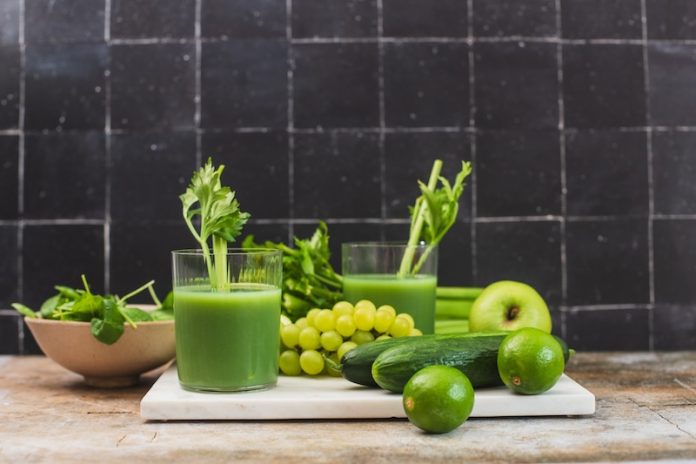
Ulcerative colitis (UC) is a chronic condition that causes inflammation and ulcers in the colon and rectum. It’s a form of inflammatory bowel disease (IBD) that can cause discomfort and disrupt daily life.
While medication is the primary treatment, diet plays a crucial role in managing symptoms and flare-ups. Let’s explore how dietary choices can impact those living with UC.
What is Ulcerative Colitis?
Ulcerative colitis affects the innermost lining of the large intestine and rectum. Symptoms include diarrhea, abdominal pain, blood in stools, fatigue, and weight loss. It can affect people of any age but often begins during adolescence and early adulthood.
The causes of UC are not entirely understood, but it’s believed to involve a combination of genetic and environmental factors, including the immune system’s response to gut bacteria.
The Impact of Diet on Ulcerative Colitis
While diet doesn’t cause UC, it can influence symptoms. Certain foods might trigger flare-ups, while others can help reduce inflammation and promote gut health.
However, it’s important to note that dietary recommendations can vary widely among individuals with UC. What works for one person might not work for another.
Foods to Include
- Lean Proteins: Fish, chicken, turkey, and tofu are good choices. They provide essential nutrients without stressing the digestive system.
- Low-Fiber Fruits: Bananas, cantaloupe, and cooked fruits can be easier to digest.
- Refined Grains: White bread, pasta, and rice are less likely to irritate the gut than whole grains.
- Cooked Vegetables: Steamed or baked vegetables (without skin) like carrots, potatoes, and squash can be more digestible.
- Probiotic Foods: Yogurt and kefir contain beneficial bacteria that can support gut health.
Foods to Limit or Avoid
- High-Fiber Foods: Whole grains, raw vegetables, and fruits with skin or seeds can exacerbate symptoms during flare-ups.
- Dairy Products: If lactose intolerant, reduce or eliminate milk, cheese, and other dairy products.
- Spicy Foods: Can irritate the digestive tract and worsen symptoms.
- Alcohol and Caffeine: Can trigger diarrhea and other symptoms.
- Processed Foods: Often high in sugar, fat, and preservatives, which can aggravate UC.
Research Evidence
Several studies have examined the relationship between diet and UC. For instance, a study in the “Journal of Clinical Gastroenterology” found that high intake of unsaturated fat, meat, and alcohol was associated with an increased risk of UC.
In contrast, diets rich in fruits and vegetables were linked to a lower risk.
Another study in “Gut” suggested that a diet high in refined sugar and processed foods could disrupt the gut microbiome, potentially triggering UC flare-ups.
Meanwhile, research in “The American Journal of Gastroenterology” highlighted that a balanced diet, tailored to individual needs and tolerances, is key in managing UC.
Practical Dietary Tips
- Keep a Food Diary: Track what you eat and note any symptoms to identify potential triggers.
- Eat Small, Frequent Meals: Helps ease the burden on the digestive system.
- Stay Hydrated: Especially important during diarrhea episodes.
- Consult a Dietitian: A professional can provide personalized dietary advice.
Conclusion
Diet plays a significant role in managing ulcerative colitis. Although individual responses to different foods can vary, focusing on a balanced, low-fiber, and nutrient-rich diet while avoiding trigger foods can help manage symptoms and improve quality of life.
Always consult with healthcare professionals before making significant dietary changes, especially in chronic conditions like UC.
This understanding of diet’s impact on UC can empower individuals to make informed choices about their food intake, potentially reducing flare-ups and maintaining better overall health.
Follow us on Twitter for more articles about this topic.
Copyright © 2023 Scientific Diet. All rights reserved.





